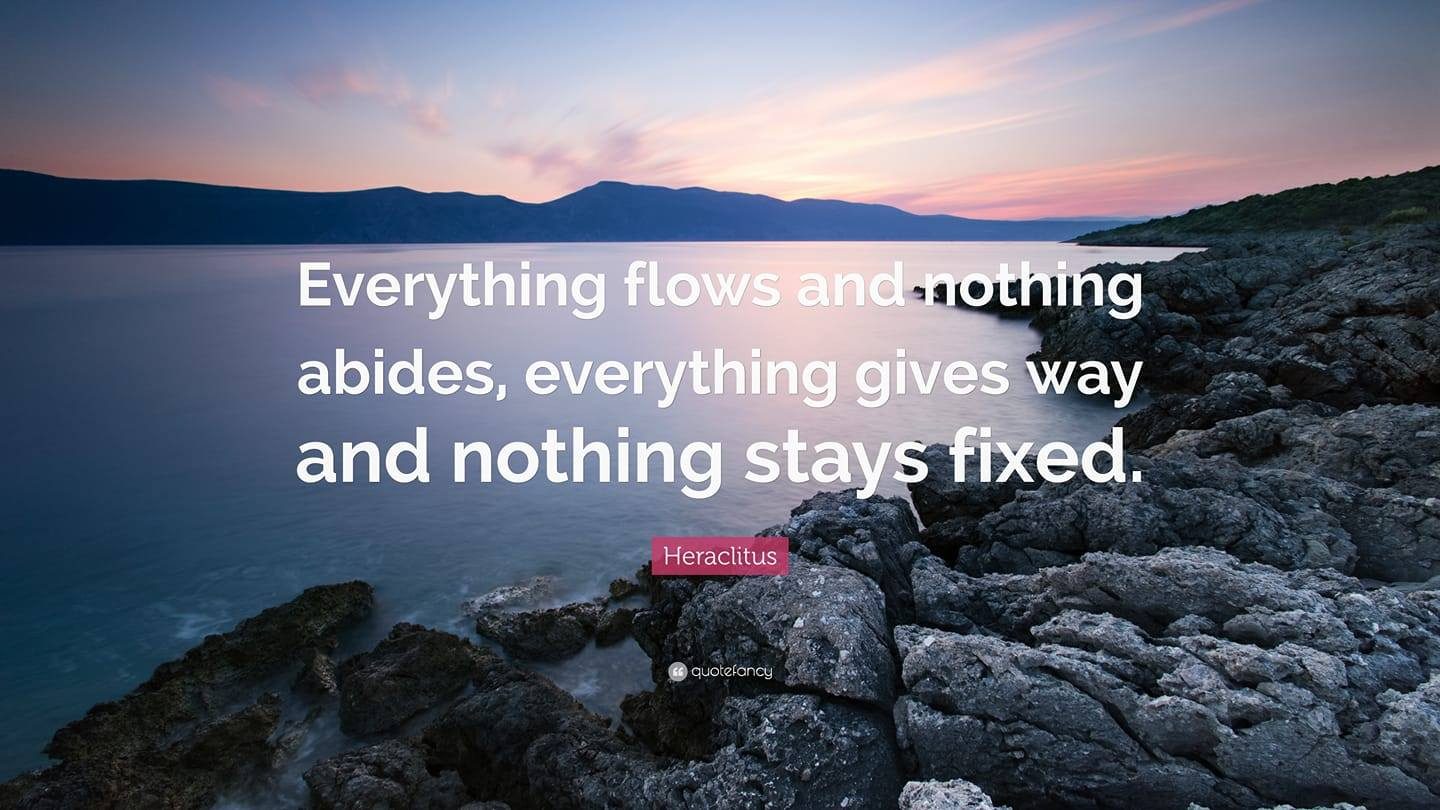By Jason Johnson – Kawakawa Teacher
“Everything flows and nothing abides” —Heraclitus
With the welcoming of Hilary to our team up here in Kawakawa and the departure of Richard, who has led our programme for the past five years, the return to school from lockdown and the strange restrictions on daily life, and the upcoming general elections and ongoing strife I read about each day around the world, I have found myself reflecting on the nature of change.
As humans, we generally like to be in a state of equilibrium. Much of our effort is devoted to removing chaos from our lives, to developing systems for organising and resetting our environment. Why? Because predictability saves energy. When our environment is predictable, we expend less of our precious mental resources carrying out everyday activities. Thus humans have developed an innate behaviour to bring order to our environments, not just to be more comfortable (who doesn’t feel better in a tidy room!), but to save our resources for more important things. Like sharing ideas, making art and music and connecting with loved ones.
Yet we live in an ever-changing world that requires us to adapt to changes in our environment on a daily basis. Some changes are small and able to be accommodated easily — “now it’s raining, best put on a raincoat” — but others, like the global pandemic we are currently experiencing, require total paradigm shifts and the establishment of a new equilibrium.
Ecologists have a term for this process. They call it disturbance, and it is a vital part of the functioning of healthy ecosystems. When a large tree falls, opening up the forest canopy, or fire sweeps across a hillside, burning up a stand of Manuka, there is massive change. At first, it may seem catastrophic — that which was once, is no more. But nature quickly fills the gaps. The resources once used are now free to be utilised by other organisms. New space is available — more light, more water — and there are opportunities for different species to take on new roles in the community. Without this disturbance, ecosystems stagnate. Dominant species monopolise resources and the system loses its biodiversity, the number of different species, and its ability to adapt to future change diminishes. In short, without some disturbance, ecosystems lose their ability to cope with change at all.
In finding our new equilibrium we are now presented with opportunities. We should assess what is fundamental to the way that we do things and wants to be preserved. What can we choose to develop in a new way, to take advantage of the changing situation? As we do this, however, we remember that too much change, or constant change, can be stressful. We need to be able to find a new equilibrium. And as adults, we must show our young people how to ride through times of uncertainty. We can model how to adapt and, as Jacinda Ardern reminds us, how to be kind to each other as we do it.
